
- Services .
- Industries .
- Company .
Explore detailed insights, expert opinions, and updates in our blog. Stay informed, discover new perspectives, and enhance your knowledge with every read.
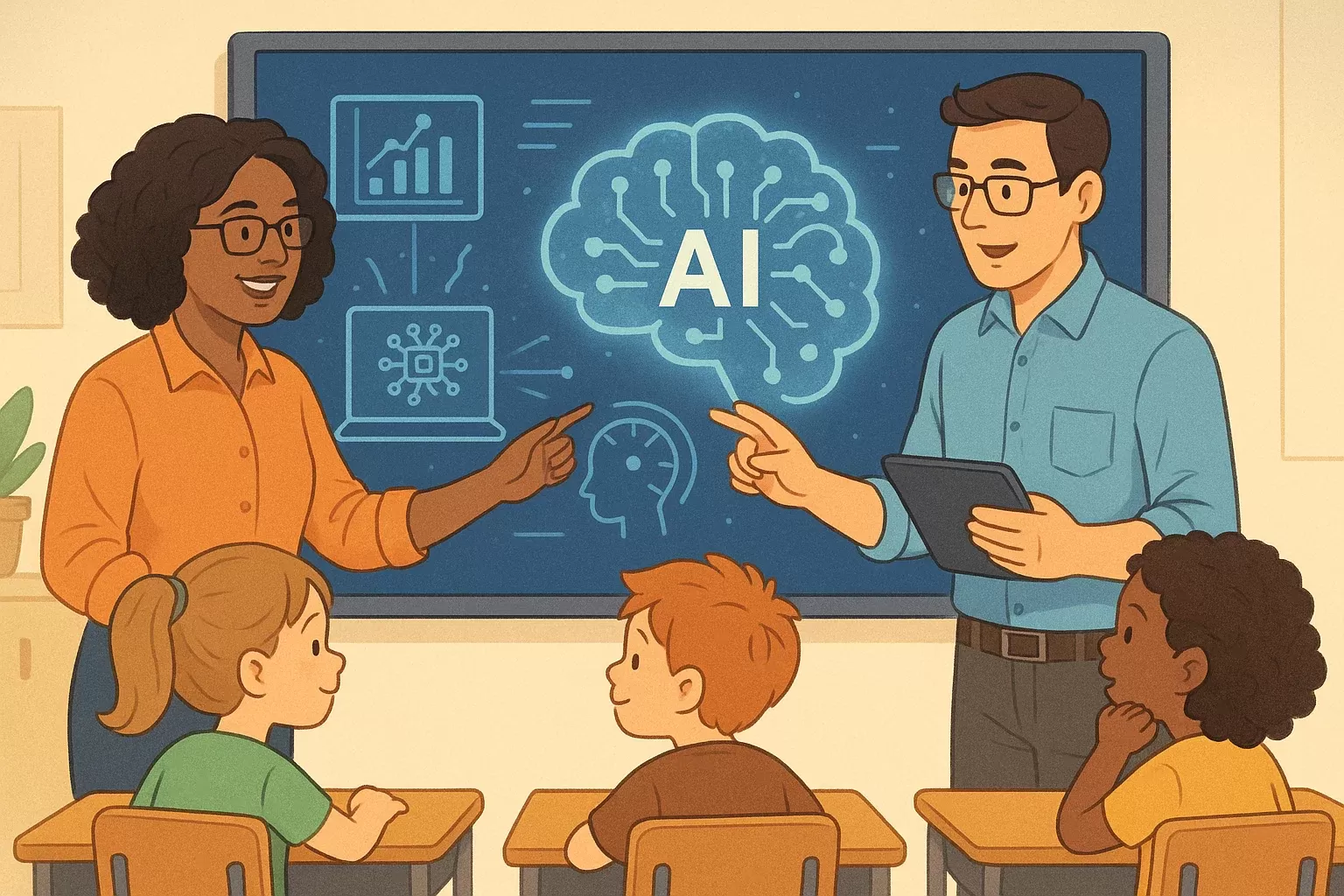
Education is evolving rapidly, and at the center of this transformation is a surprising figure: the psychologist. Traditionally seen as facilitators of mental health and behavior, psychologists are now playing a powerful role in reshaping how students learn—thanks to artificial intelligence (AI).
By combining the principles of cognitive science with machine learning, psychologists are using AI to personalize education, improve mental well-being, and empower both students and teachers in ways never before possible.
Educational psychologists have long understood how students process information, retain knowledge, and manage emotions. Now, by collaborating with AI developers, they’re bringing that insight into tech-driven learning environments.
AI tools designed with psychological principles are able to:
· Adapt lessons to individual learning speeds
· Provide real-time feedback and support
· Identify emotional distress or learning disabilities early
· Encourage intrinsic motivation through gamification and personalization
This isn’t just about smarter software. It’s about reengineering how we teach and support the whole child.
One of the most profound impacts of AI in education is individualized learning.
A psychologist working with AI can help design systems that:
· Identify a student’s preferred learning style (visual, auditory, kinesthetic)
· Adapt content difficulty in real time based on performance
· Suggest study habits based on attention span, memory, and cognitive load
Instead of a one-size-fits-all curriculum, students now get an education tailored to how they learn best—an approach rooted in educational psychology and made possible by AI.
✅ Example: An AI platform might slow down math instruction for a student who struggles with patterns but accelerate reading comprehension for the same learner.
Psychologists are now harnessing emotion recognition AI to spot warning signs of anxiety, stress, or disengagement in students—especially in online learning environments.
· Facial expression analysis during video lessons
· Sentiment analysis of written responses or chat inputs
· Voice tone evaluation in oral presentations
When signs of distress are flagged early, counselors and educators can intervene before minor issues escalate into major obstacles.
✅ Example: If a student consistently writes negative or withdrawn journal entries, AI could alert the school psychologist to check in with the student.
AI tools co-developed with psychologists are helping students with:
· ADHD (through focus-building gamified platforms)
· Autism Spectrum Disorder (via social-emotional learning programs)
· Dyslexia (with adaptive reading support and speech-to-text tools)
These solutions are not replacements for human intervention—they are augmentations that offer consistent, data-informed support.
✅ Example: A dyslexic student may receive real-time reading assistance while the psychologist tracks their progress and emotional response to the tool.
Some fear that AI will replace teachers or counselors. Psychologists, however, are guiding development toward supportive roles, not substitutive ones.
With AI:
· Teachers receive alerts about struggling students
· Counselors have clearer insight into student mental health trends
· Administrators can make informed decisions on curriculum changes
Psychologists ensure that human empathy and AI precision work together, not against one another.
Psychologists understand that data must be interpreted with nuance. AI provides insight, but not always context.
That’s why psychologists are vital in:
· Translating data into action plans
· Avoiding algorithmic bias in learning recommendations
· Ensuring ethical use of student data
When AI is guided by psychological expertise, schools become safer, more inclusive, and better aligned with human development.
The future of education doesn’t just include AI developers and educators—it must also include psychologists.
Their role is essential in:
· Designing AI that supports neurodiverse learners
· Ensuring tools are mentally and emotionally safe
· Training staff to use AI mindfully and ethically
Whether they’re in labs, school boards, or startups, psychologists are ensuring AI in education doesn’t just work well, but feels right too.
As classrooms become more tech-enhanced, the human touch remains crucial. Thanks to psychologists working hand-in-hand with artificial intelligence, education is becoming more personalized, supportive, and mentally healthier.
We’re entering a new era—where the science of the mind meets the power of machines. And in this era, the psychologist isn’t just improving education—they’re reinventing it.
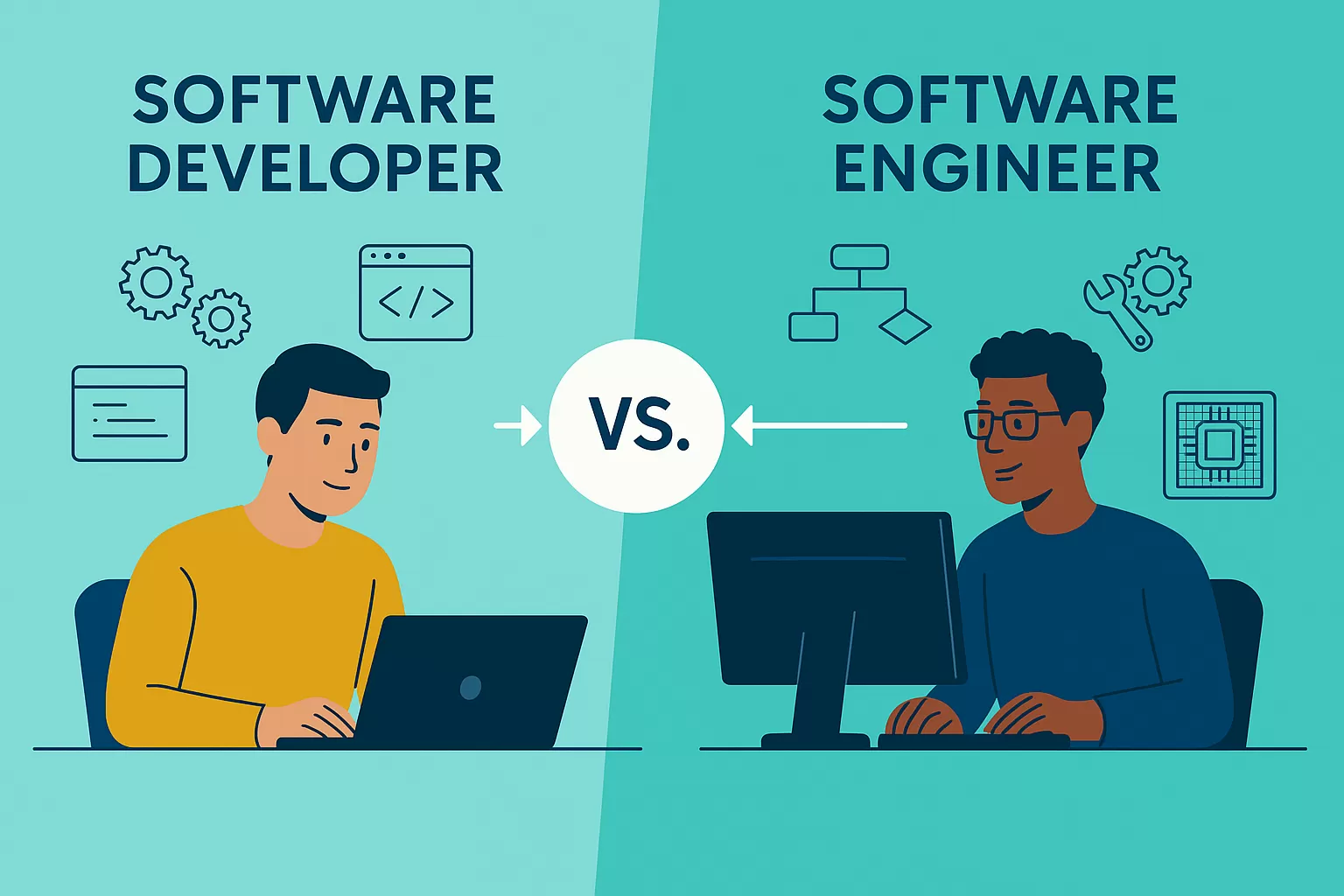
Software Developer vs. Software Engineer: What’s the Difference?
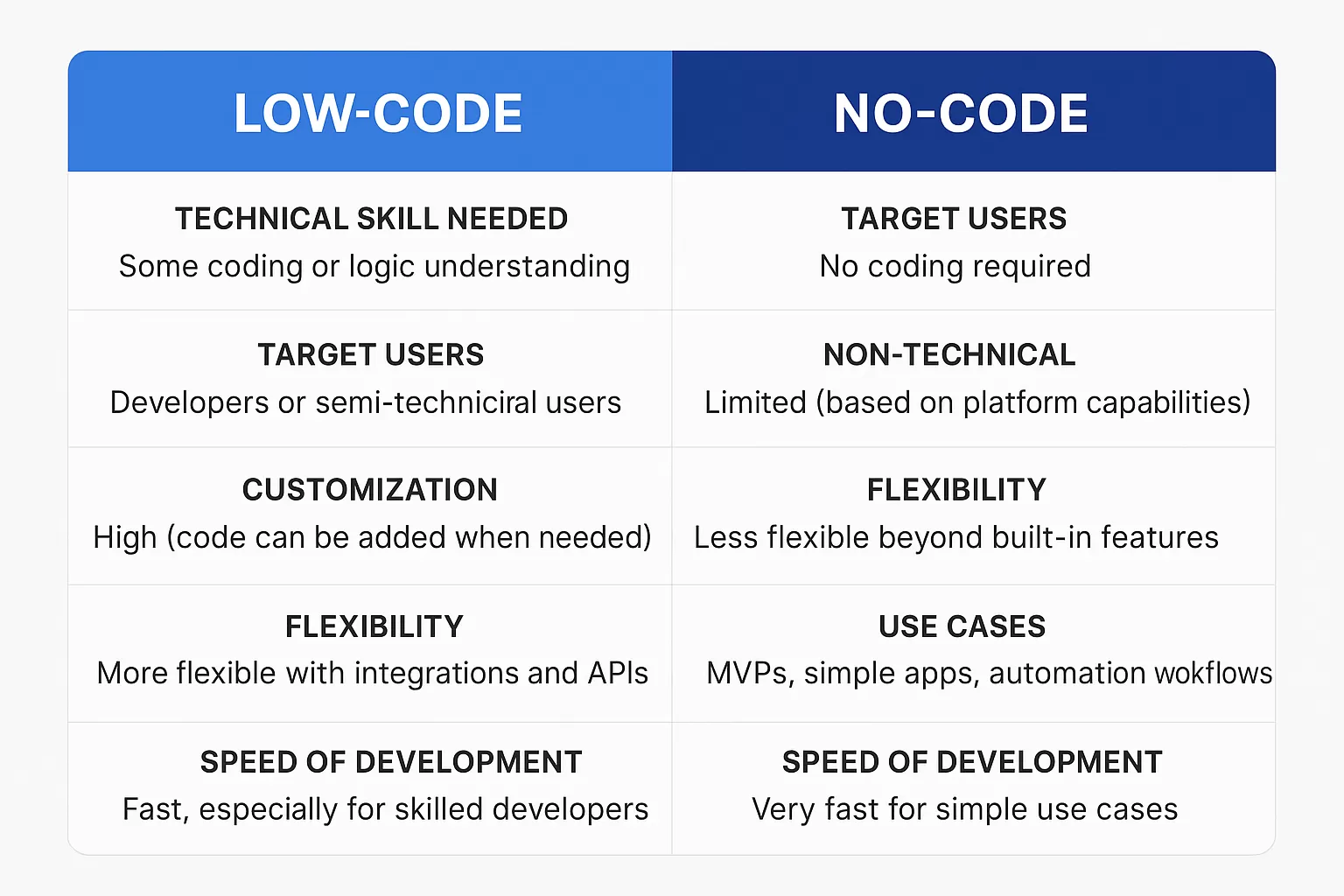
Low-code vs. no-code app development

What Is Digital Transformation? A Modern Business Guide

Top Challenges in Enterprise Application Development & Their Solutions

Complete SaaS Application Development Guide 2025

How Programming Outsourcing Works in 2025
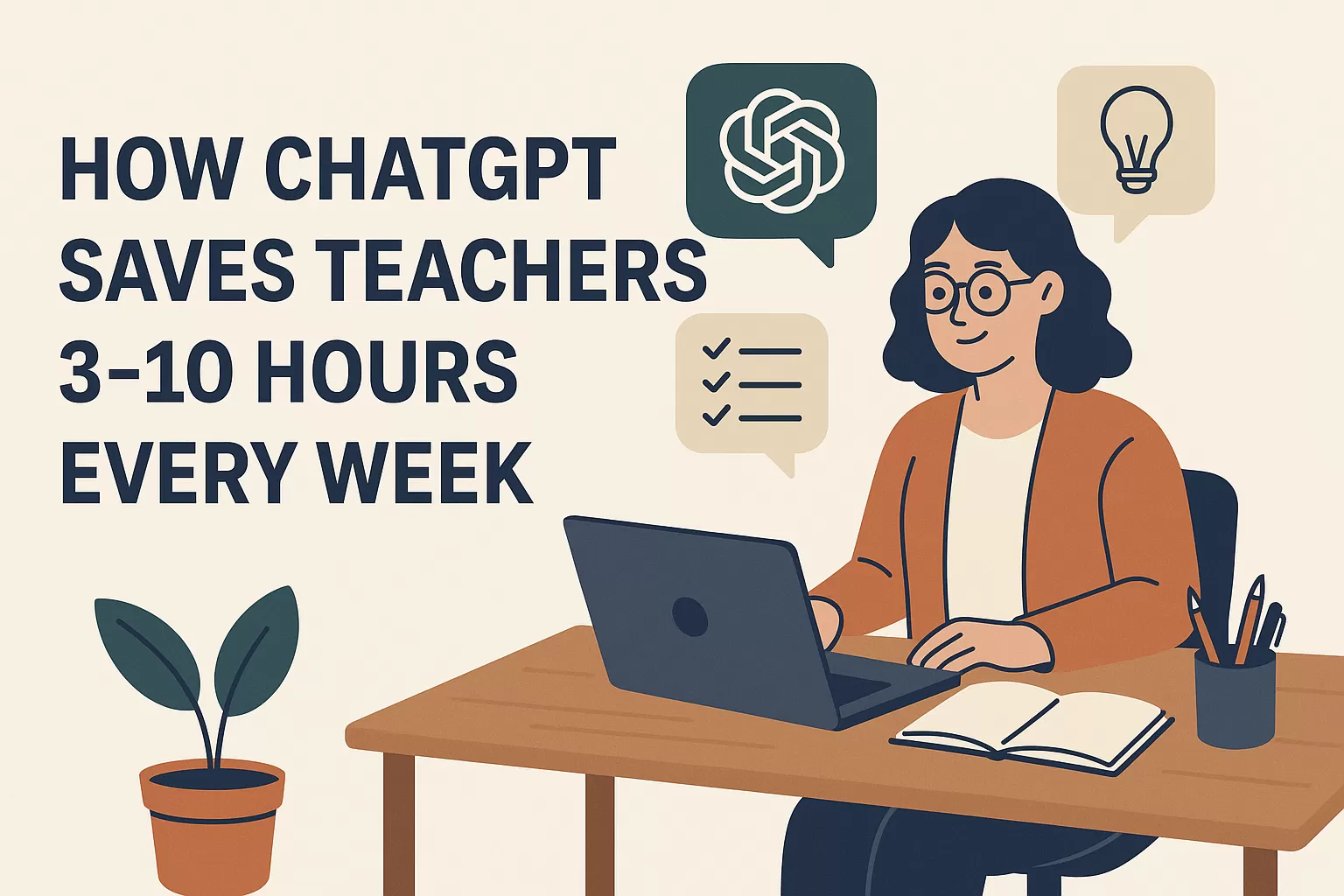
How ChatGPT Saves Teachers 3–10 Hours Every Week
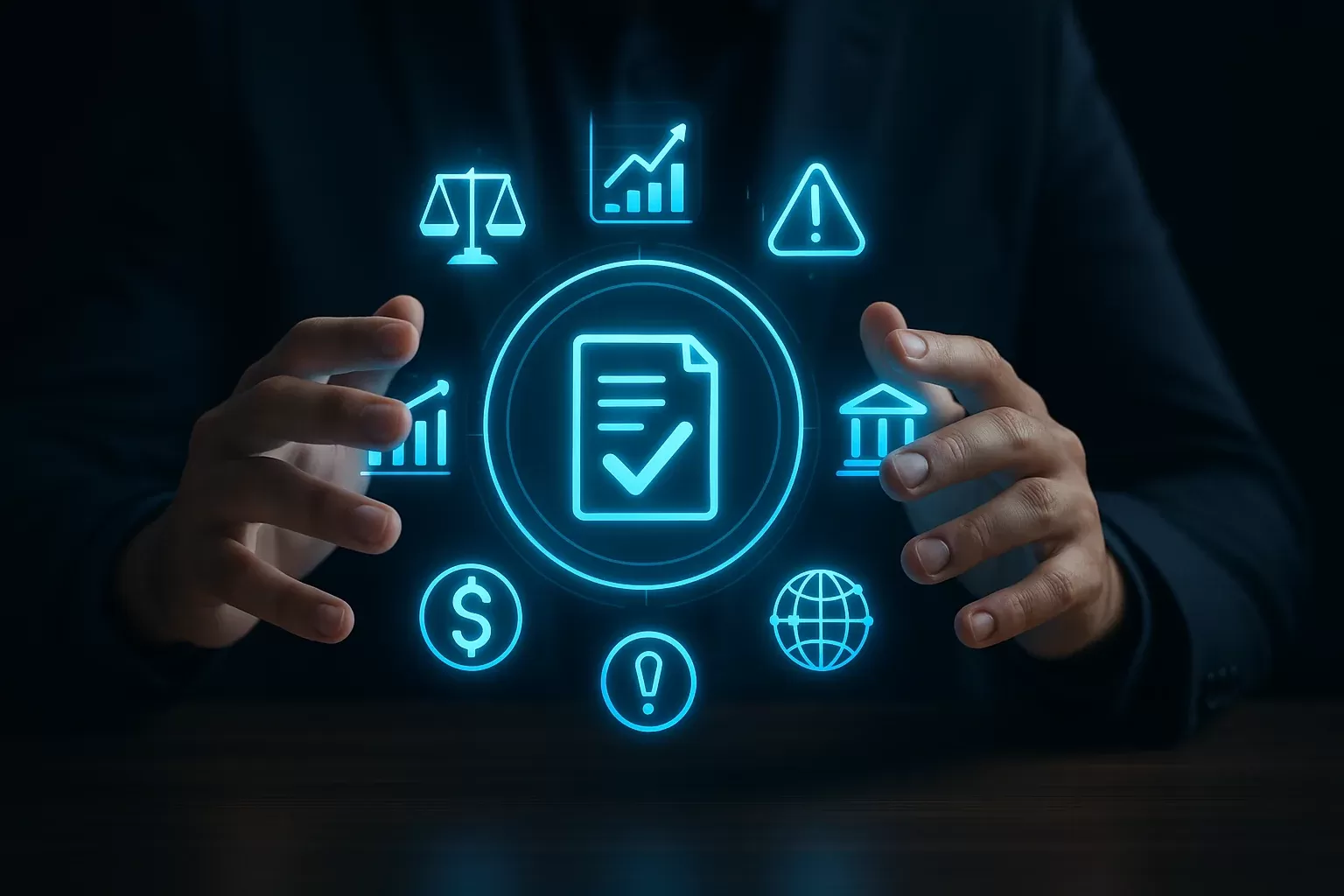
Empowering Financial Services with Advanced Technology

Space Debris Crisis: The Silent Threat Above Earth
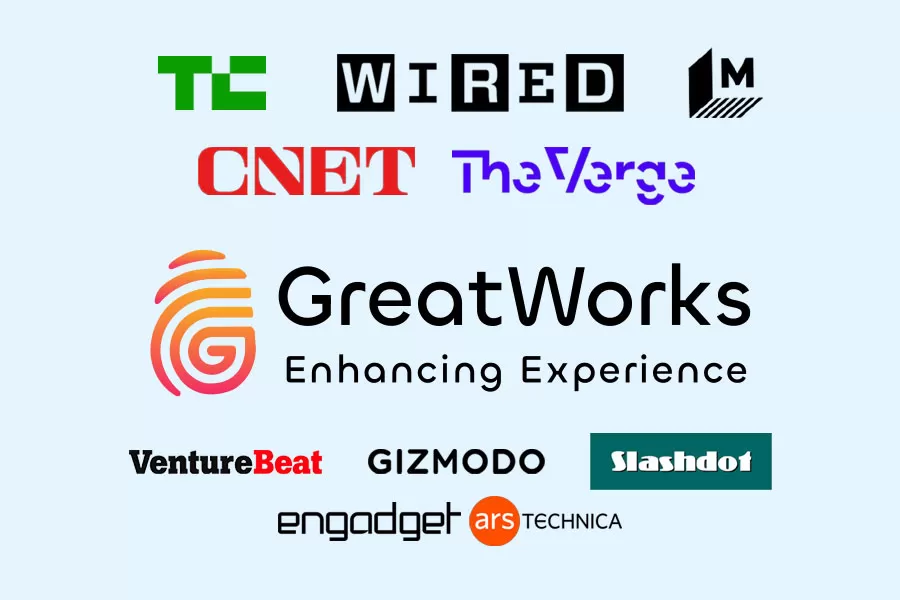
Top Tech Blogs for 2025: Founders, Facts & Insights